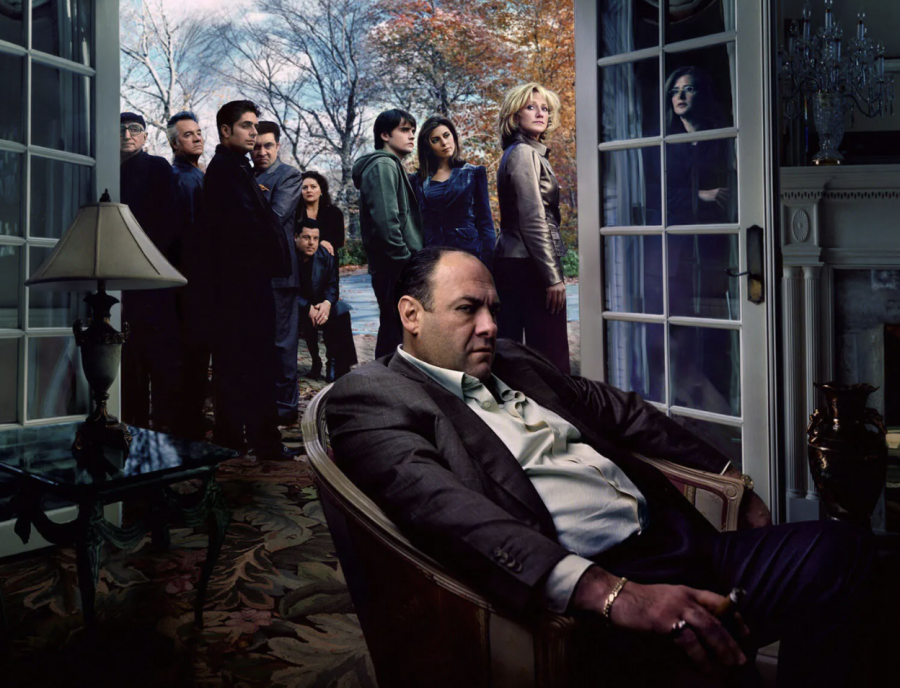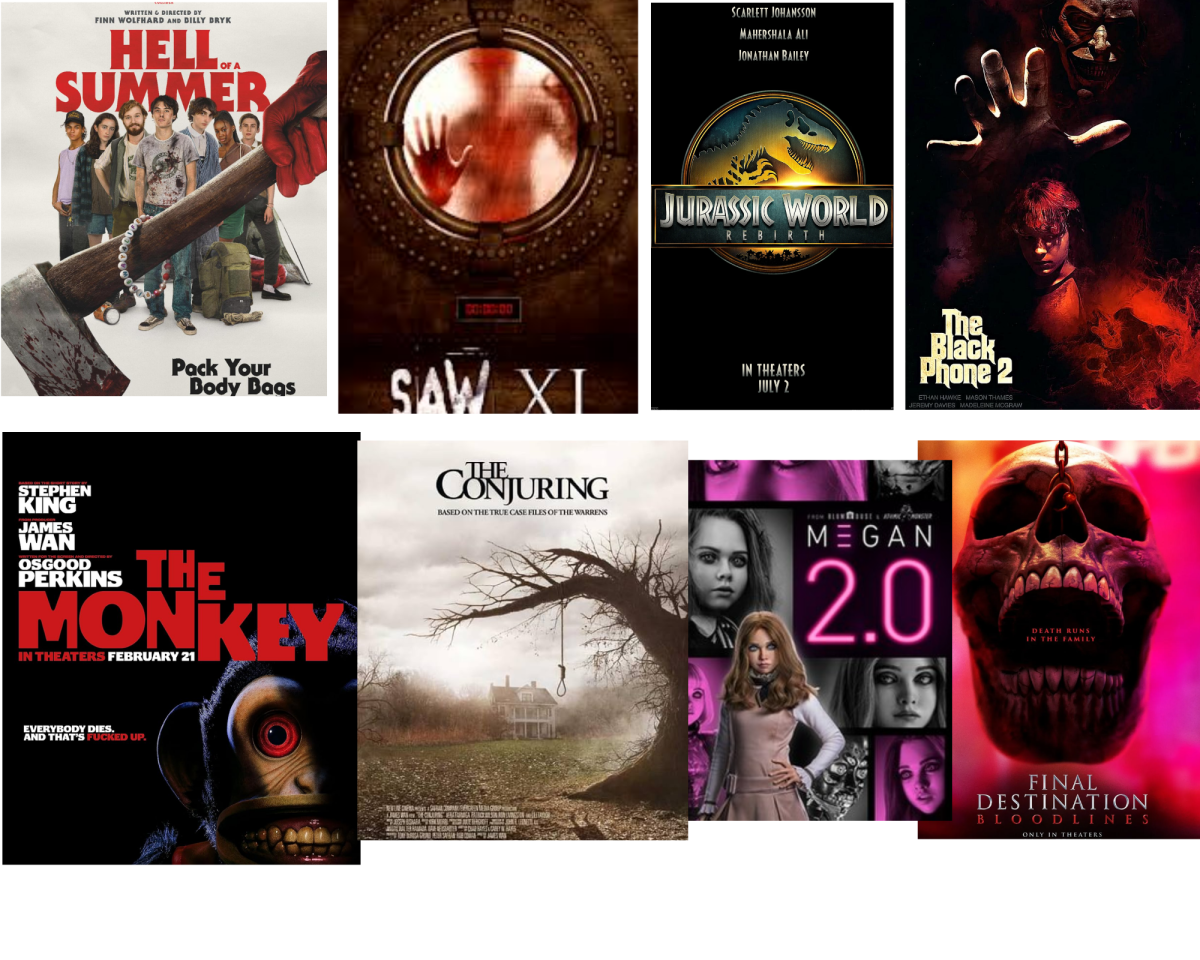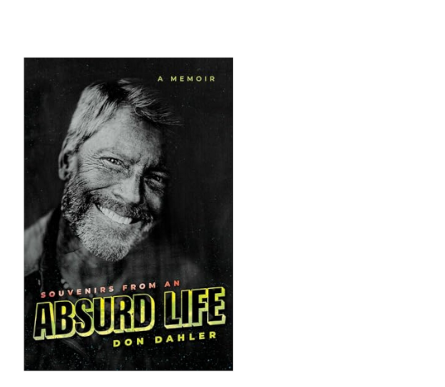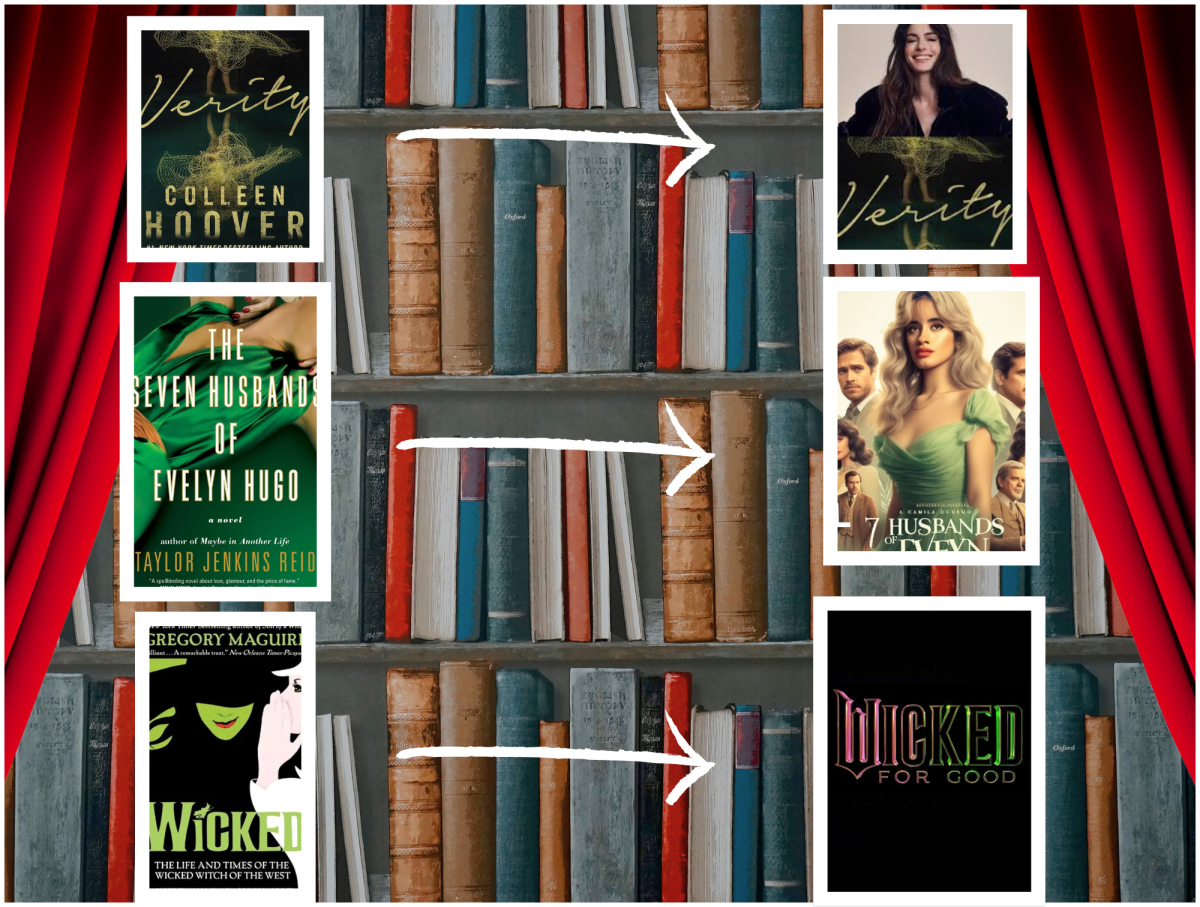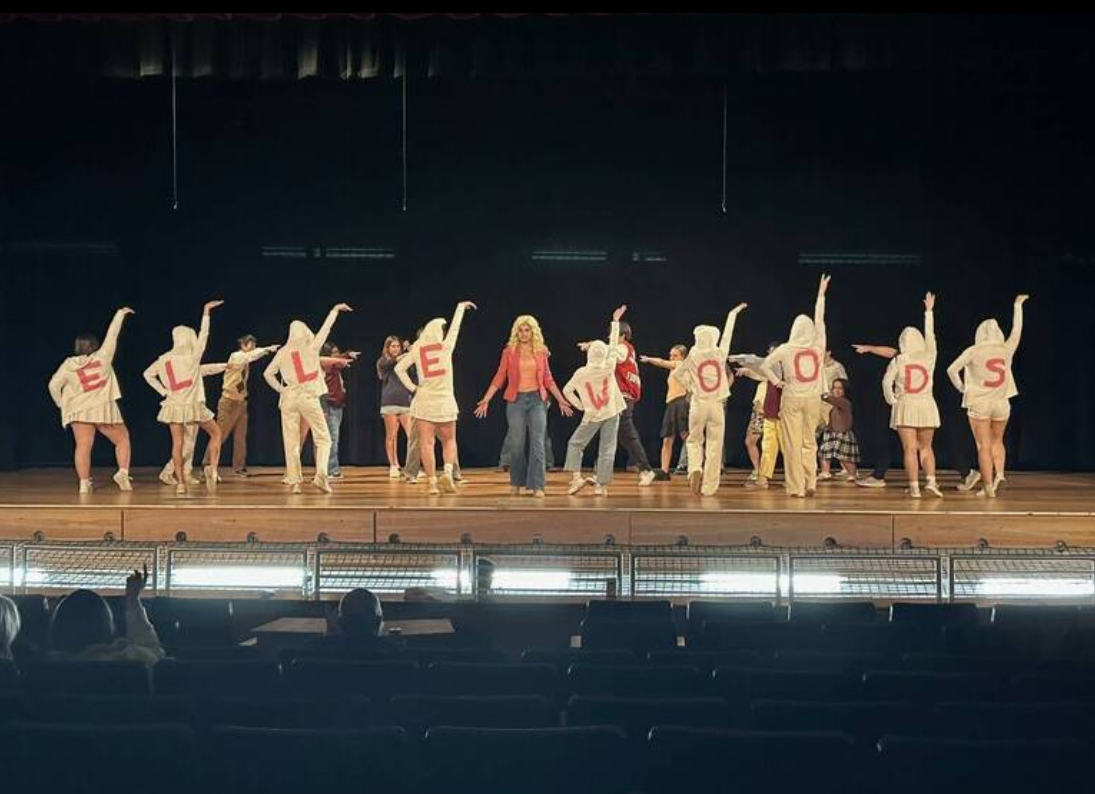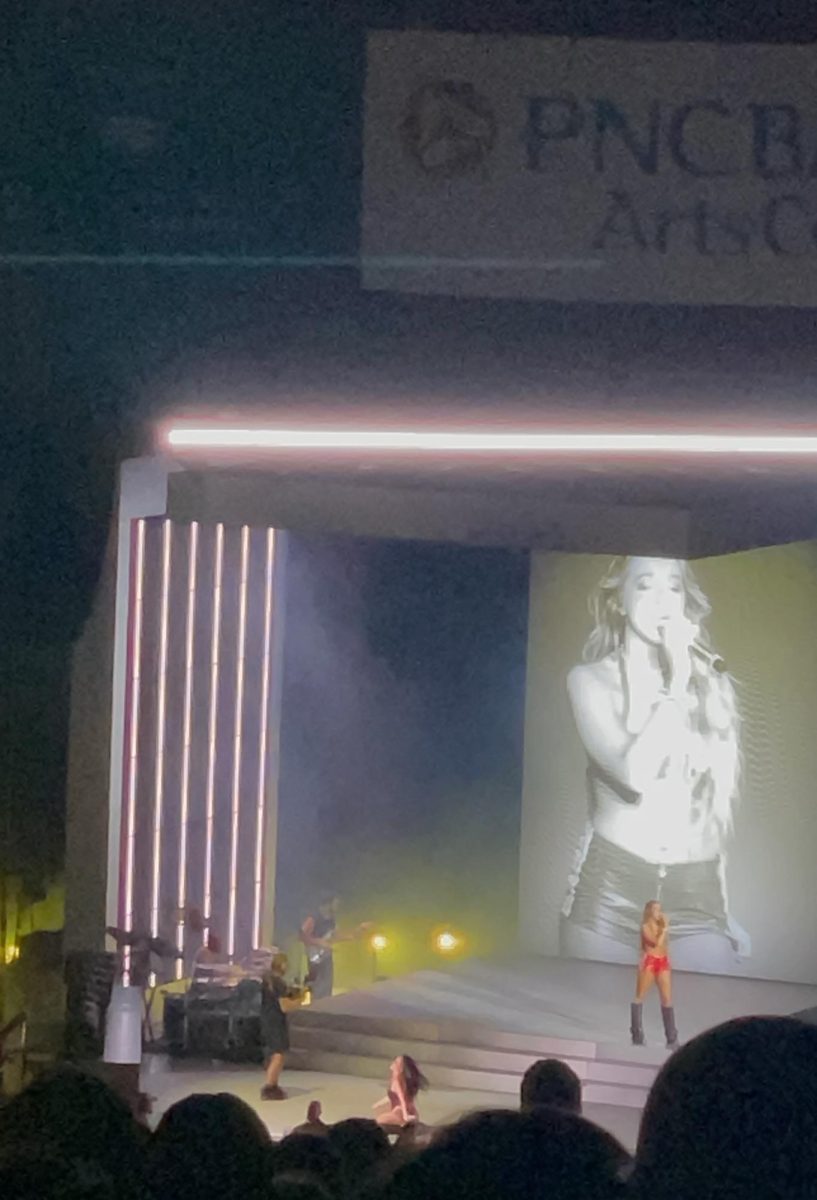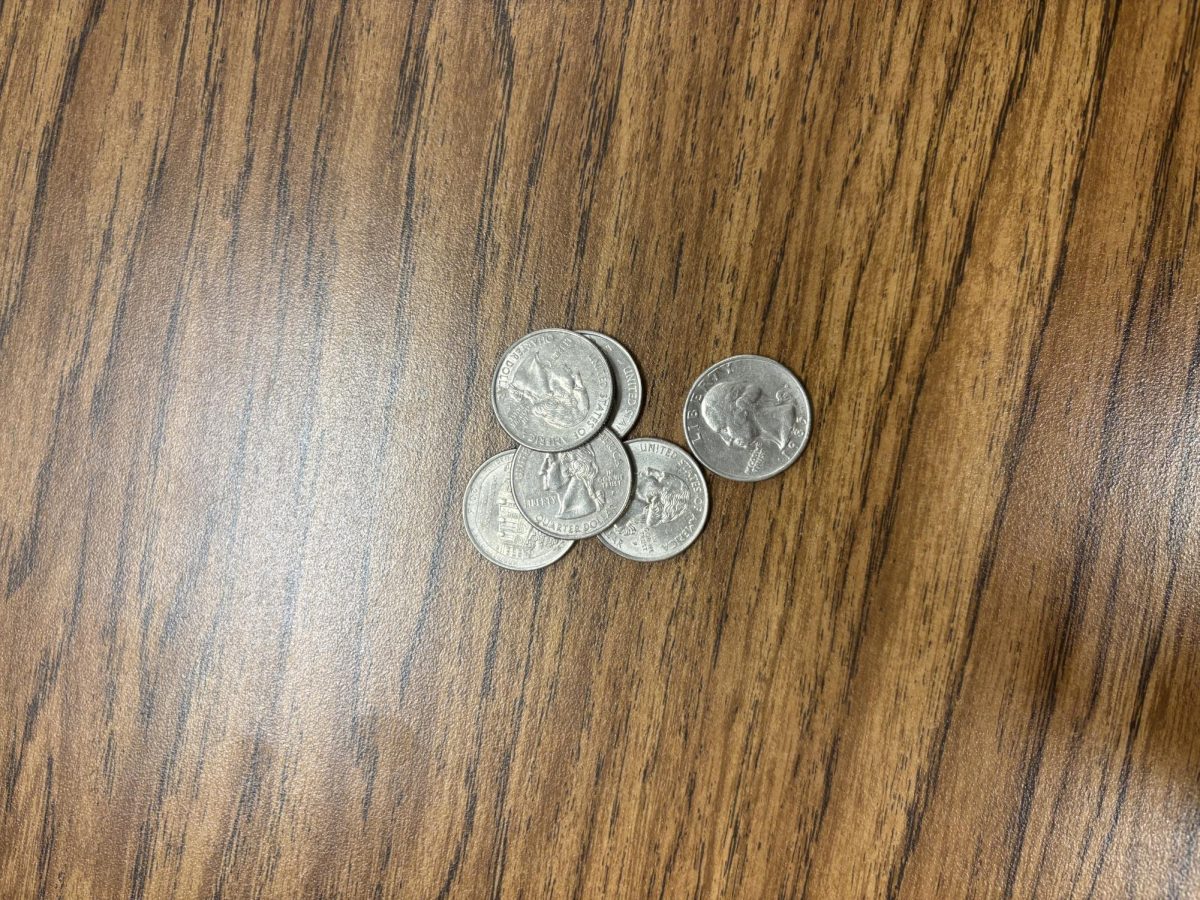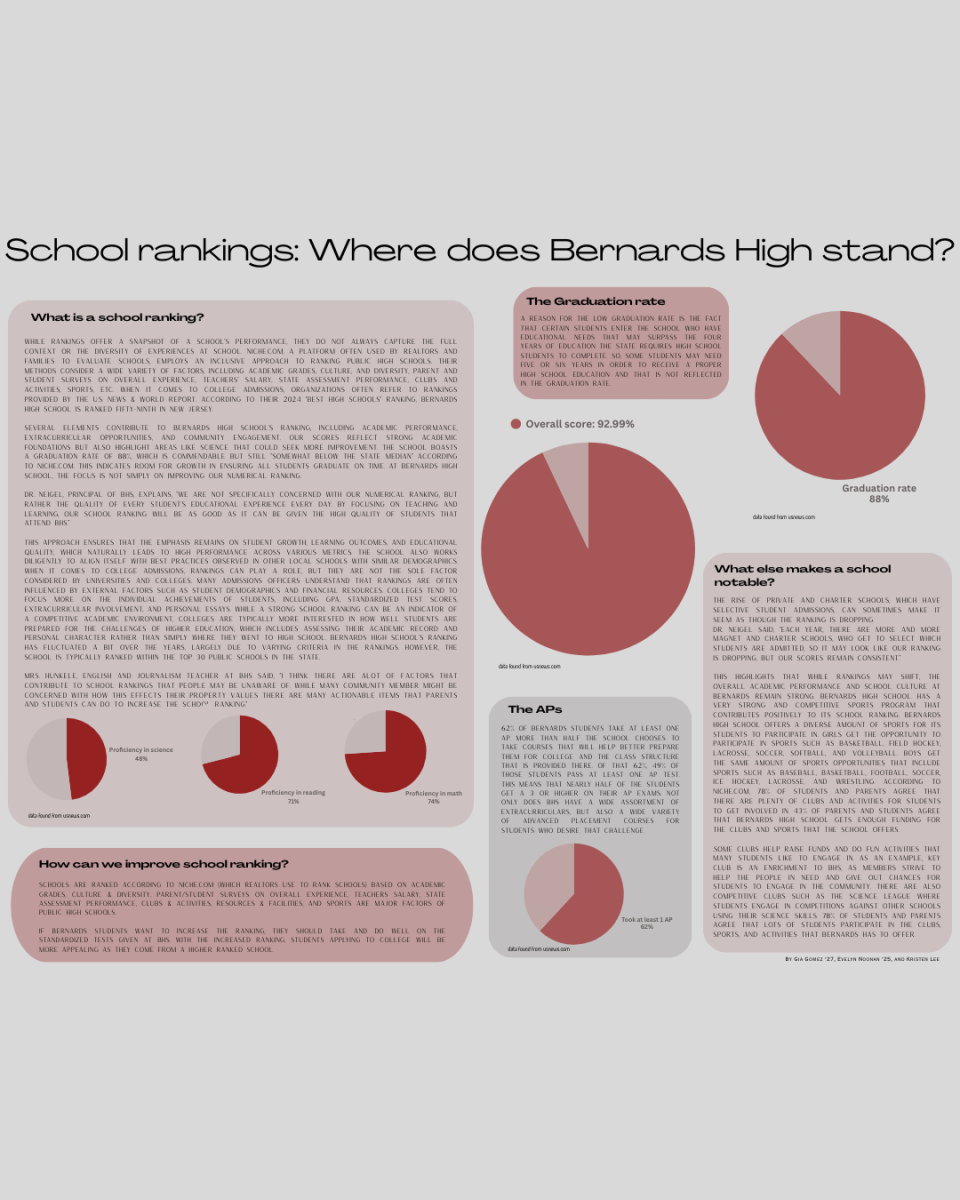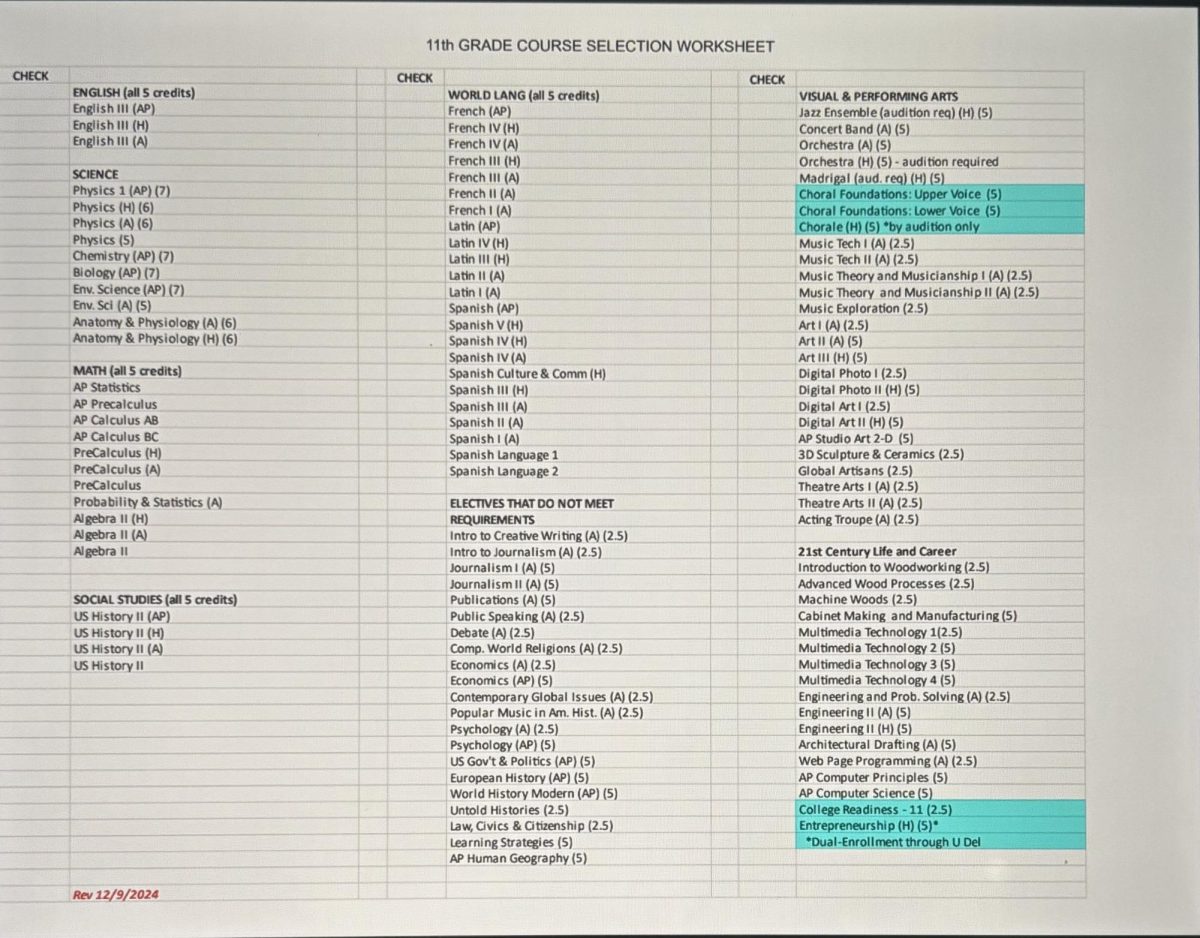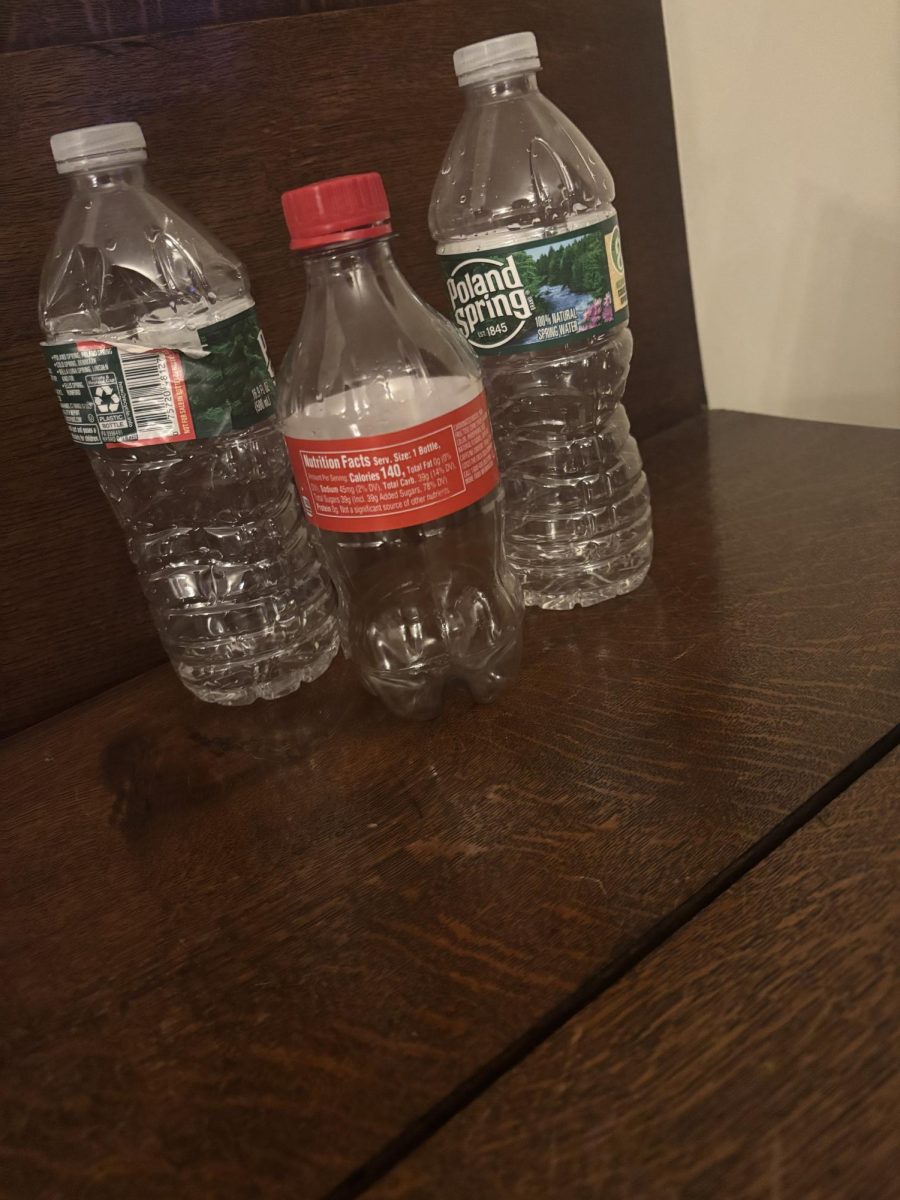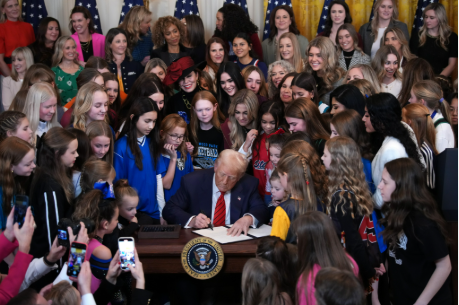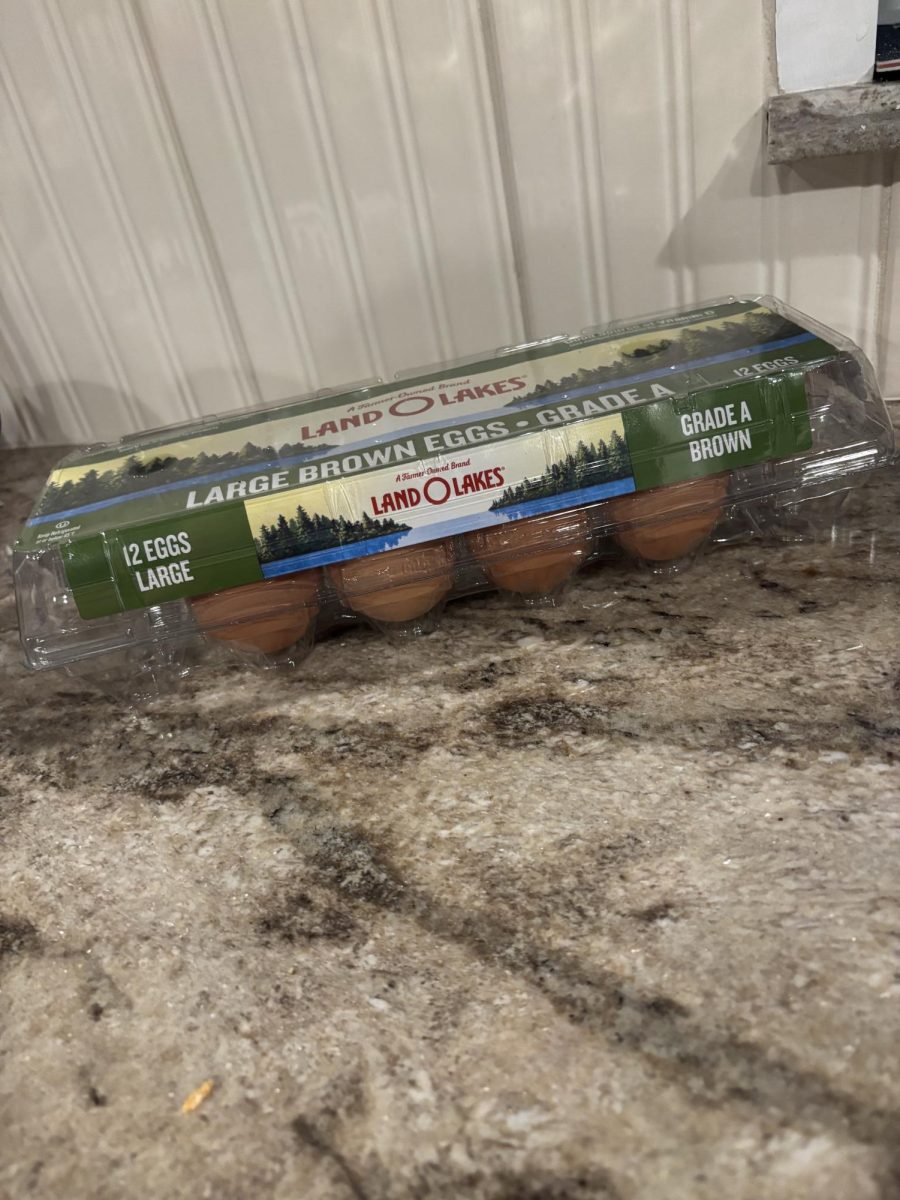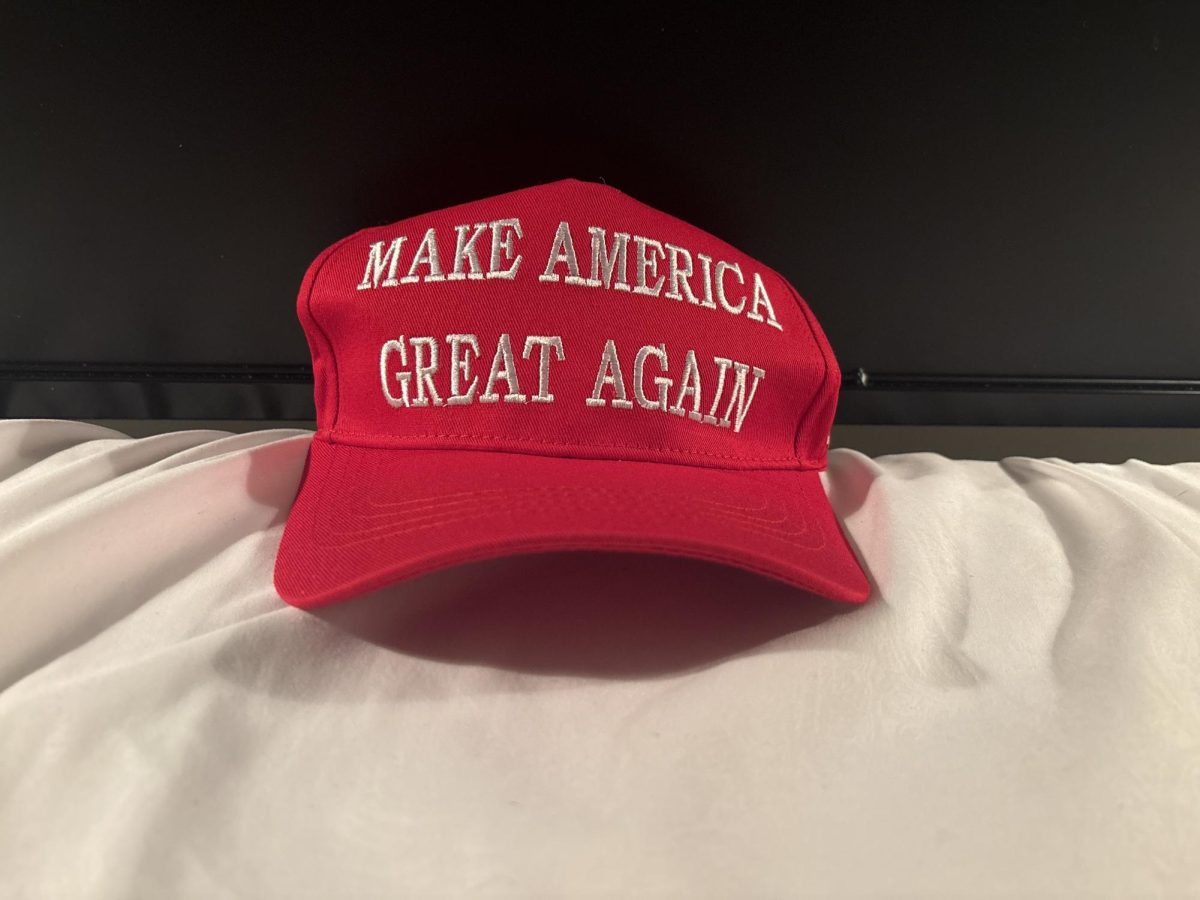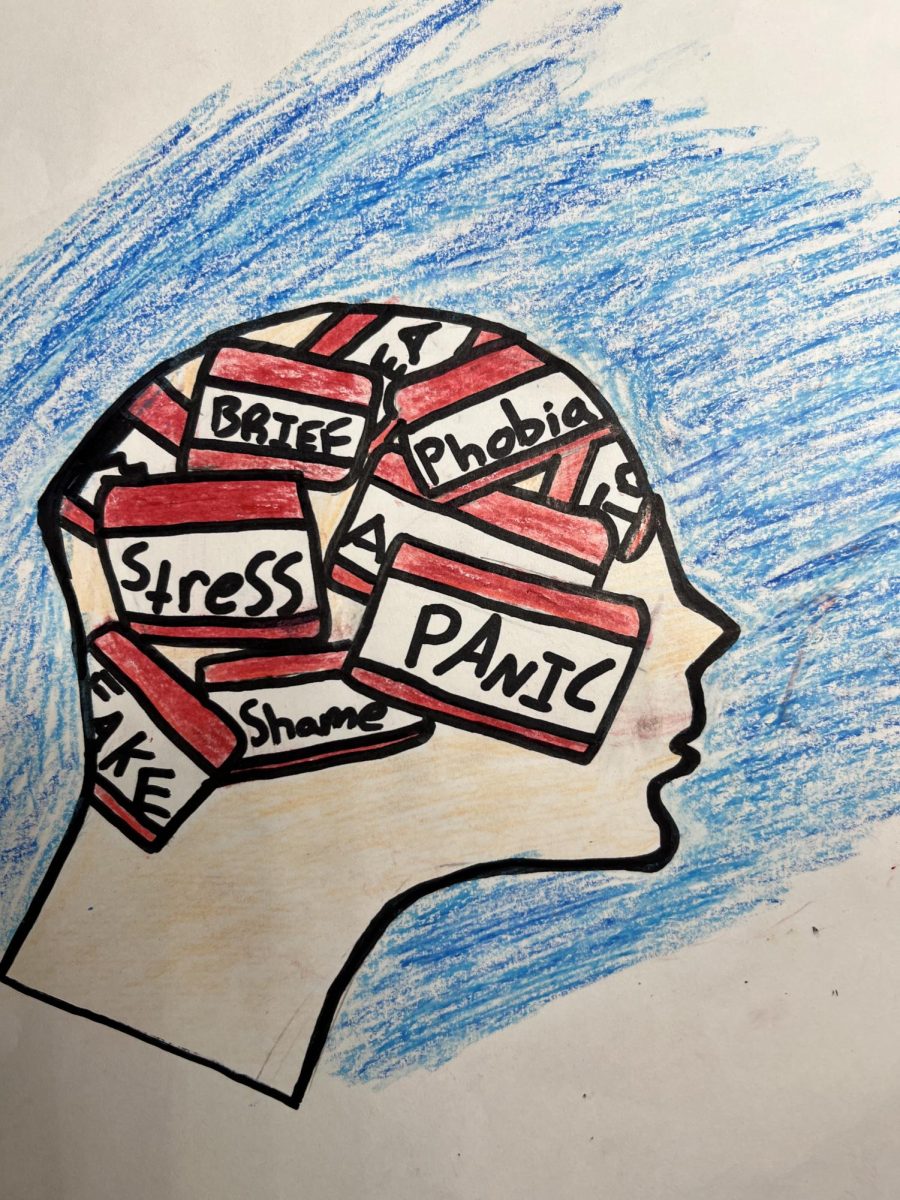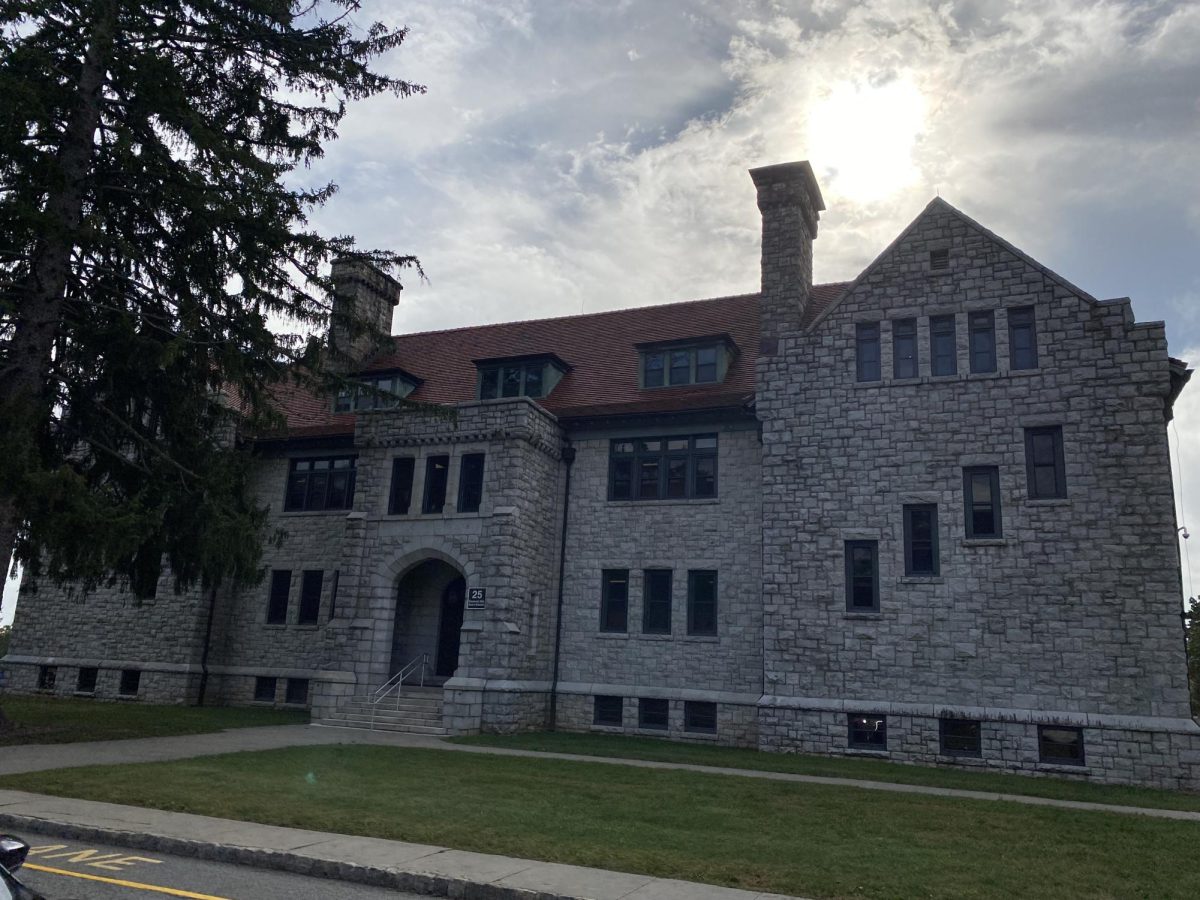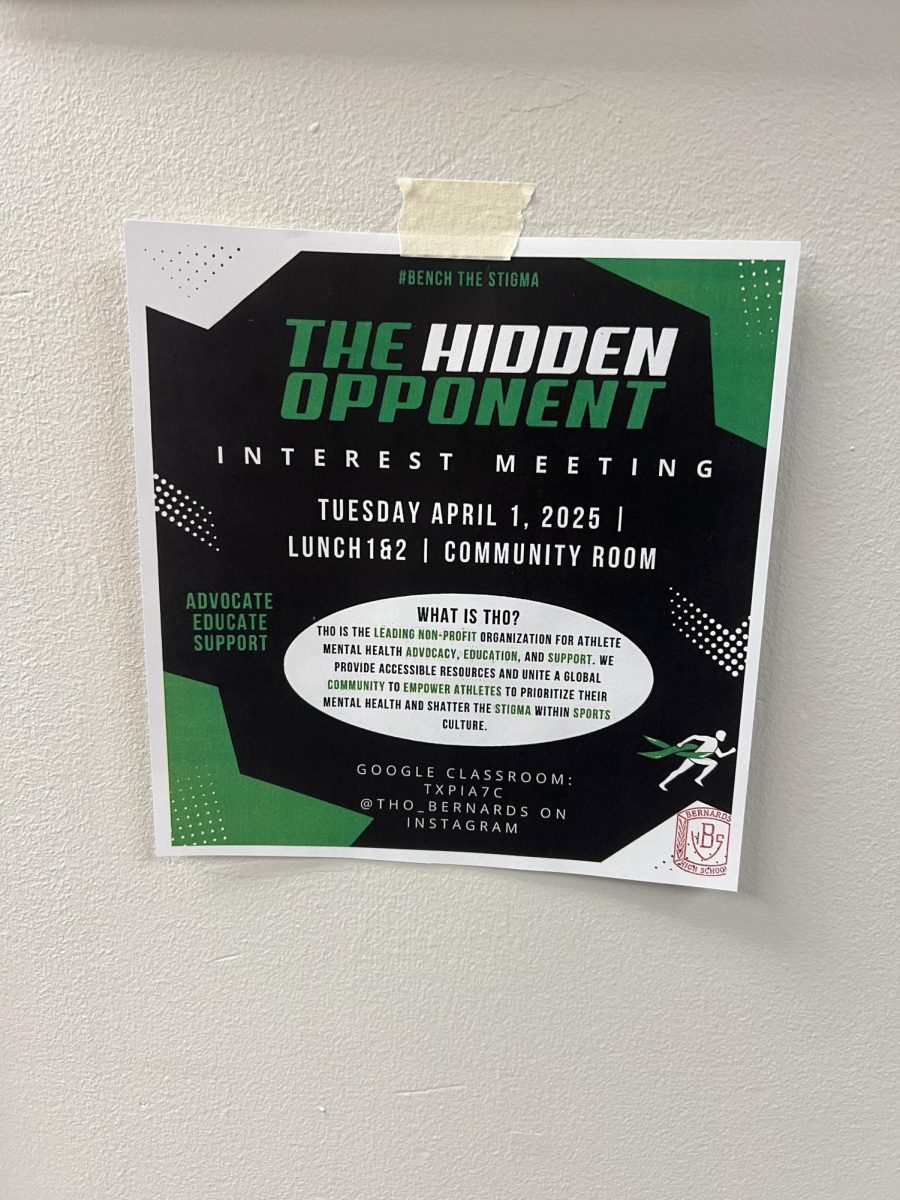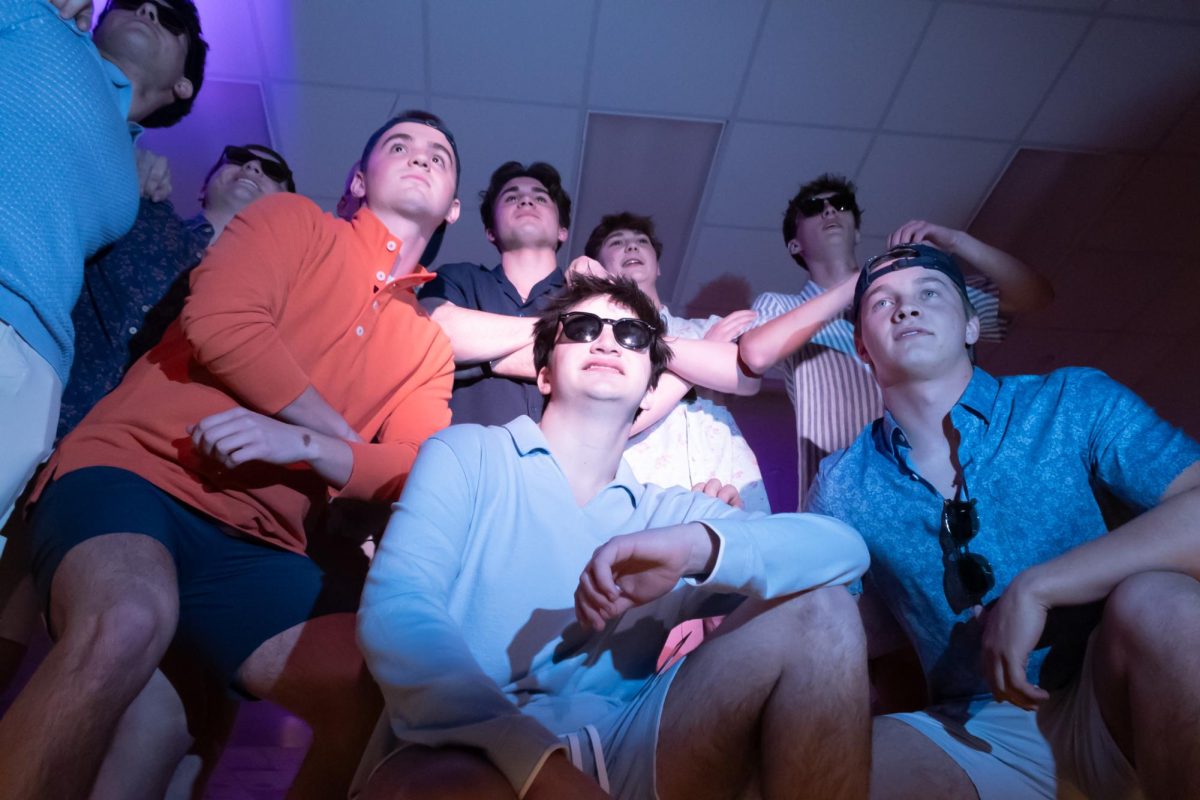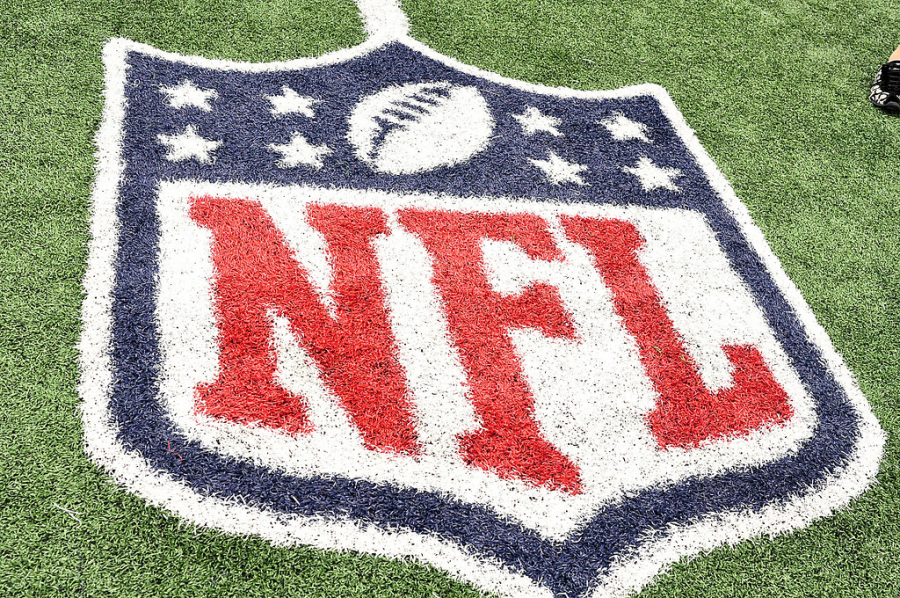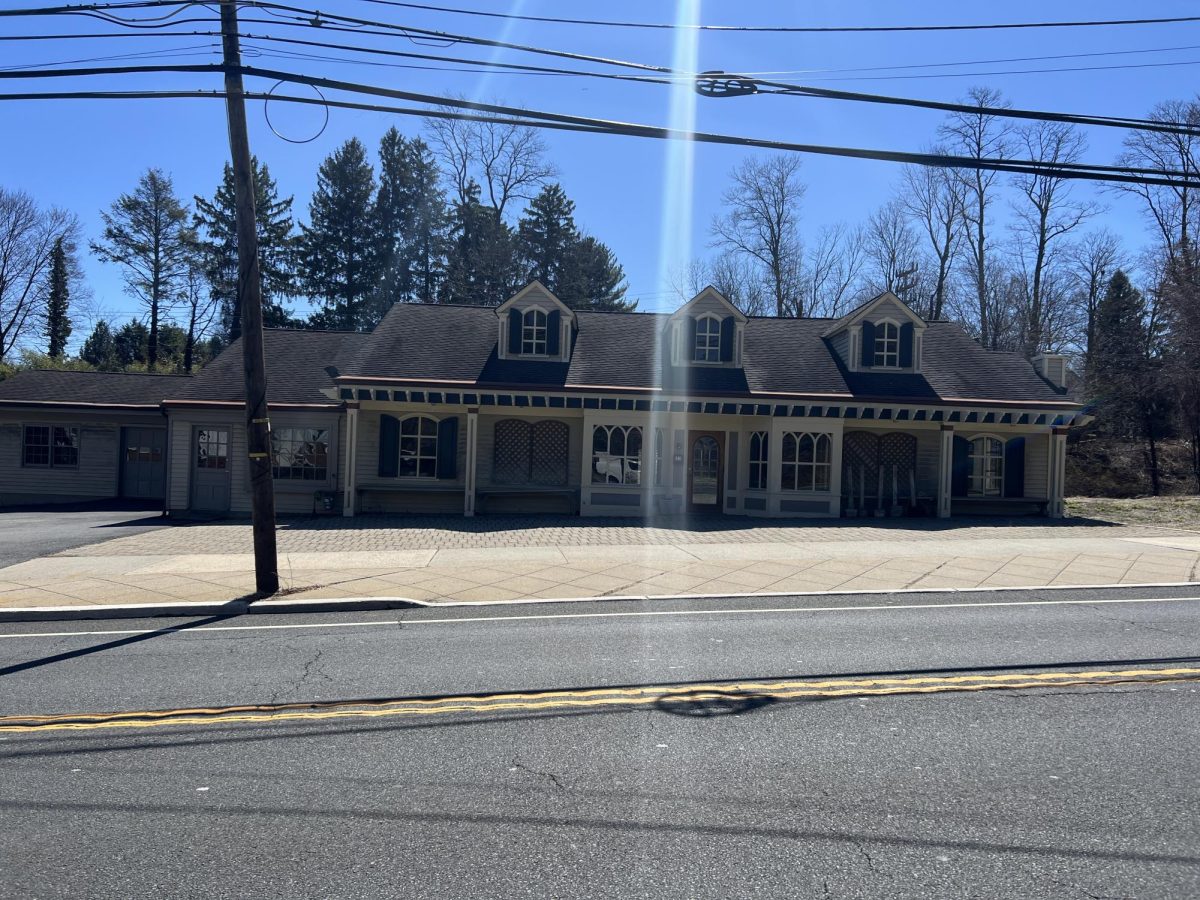Sopranos fans rejoice.
“The Many Saints of Newark” hit theaters and was available for streaming on HBO MAX starting October 1st. The prequel film to the critically acclaimed TV show “The Sopranos” took a deep dive into the man who made Tony Soprano (that being Dickie Moltisanti). Creator David Chase and his group of writers gave an in-depth view on the DiMeo crime family, and what went down during the Newark Riots of 1967.
As the theater turned dark, and the screen widened, a deceased Christopher Moltisanti (played by Michael Imperioli of “The Sopranos”) narration began. The question was going to be answered: “Who was Dickie Moltisanti?”
Fans of the show were going to learn how Tony Soprano became Tony Soprano. The late James Galdonlfini’s son Michael would play a young version of Tony, and wow was he fantastic. The resemblance of not only his father’s character, but his many mannerisms would steal fans’ hearts once again. Where did the man that ran North Jersey get his alpha presence, charm, and strength? Throughout the film, the audience learns it wasn’t Tony’s father Johnny Boy Soprano that made him who he was, but his uncle, Dickie Moltisanti.
The many Easter Eggs and call outs to “The Sopranos” were amazing, but that was so minimal compared to the gestures and body language that the newly portrayed characters would use. John Magaro was an excellent Silvio Dante, who charmed viewers with his many ticks, toupee, and long faces. Paulie “Walnuts’” (Billy Magnussen) two-finger point and neat-freak habits was a great reminder of his flakey character. Vera Farminga’s casting as Livia Soprano was not only spot on, but reminded fans of just how irritating of a wife/mother she could be. Leslie Odom Jr.s’ newly introduced Harold was not only significant to the plot, but understanding the importance of the Newark Riots, and how he would get the last laugh against Dickie Moltisanti.
When reading what other websites and critics had to say about the film, there was a constant theme: “it was overall enjoyable under the category of “mob movies,” but was not on the same level as “The Godfather” or “GoodFellas.”
It didn’t need to be. It wasn’t. And quite frankly, “The Many Saints of Newark” was completely different from the ordinary “mob movie.”
For those that have seen “The Sopranos,” fans understand what it was like to run North Jersey; what it means to run the sports books, own waste management companies, and feud with the New York crime family. “The Many Saints of Newark” was about the introduction of it all, and how the DiMeo crime family came to be. It was understanding the significance of the 1967 Newark Riots and the impact it not only had on “The Sopranos” world, but US history itself. It was about grasping the impact Harold’s return to Newark had when he and his family returned from North Carolina. That when he began to have an affair with Dickie’s “goomar” (italian for girlfriend) and opened up his own sports book to rival Dickie’s, tension only grew within the city of Newark.
As Johnny Boy Soprano (Jon Bernthal) spent 4 years in prison due to assault weapon possession, Newark was in the hands of his brother, Junior Soprano. When Johnny was gone, Dickie Moltisanti was the one that stepped up. Fast forward to Johnny’s return, the anger he felt when he noticed a Black family had moved onto their street in Newark was blamed on his brother Junior. Johnny Boy realized that if he left Dickie to run the family, it would have never happened. This discussion would set Junior off.
Dickie Moltisanti’s anger always got the best of him. When Dickie’s father “Hollywood” said awful things about his mother, or when his girlfriend Giusseppina revealed that she was having an affair with Harold, it was his disbelief and anger that led him to killing the two characters that were such a big part of his life (a connection to why his son Christopher had such a short temper in the show). Along with the narcissistic and cruel side of Dickie, viewers learned about his charm, jokes, and impact on a young Tony Soprano (Michael Gandolfini).
When Junior split and fell following Buddha’s funeral, Dickie wouldn’t let Junior hear the end of it. It was the icing on the cake for Junior (leading back to Johnny’s frustration following his release from prison) – and critics have failed to realize that.
Yes, everyone’s heart raced during the shootout with Johnny and Dickie vs Harold and his friend, but the question following was how Harold would whack Dickie. That’s the brilliance of David Chase. Everyone thought Harold was going to kill Dickie, but it was Junior’s jealousy of Dickie that aligned perfectly into the plot. Fans were waiting for Harold to shoot Dickie, but no one expected Junior to order the hit on his own family member.
Similar to Junior’s attempted hit on Tony in season one of “The Sopranos,” Junior was always the quiet, jealous type. He constantly insulted those around him but could never take insults back. Junior believed there was no better way to kill the man that he thought was taking his spot then to frame the whacking with a group they had begun to rival with.
Leading back to what makes this movie so different and special. Alan Taylor and David Chase did not focus on the “mob duties” of these characters, but rather where and how the characters from “The Sopranos” came to be. It reminded fans of Tony’s continuous efforts to comfort his mother, Juniors ruthlessness, Livia’s constant complaining, and where Christopher Moltisanti would get his temper.
Alessandro Nivola deserves many awards for his performance as Dickie Moltisanit. I rooted for him the entire movie, and knew (but wasn’t prepared) for his death. The death of Dickie resulted in the rise of Tony.
The emptiness viewers felt following the conclusion of the series officially passed as “Woke Up this Morning” by Alabama 3 played when the credits hit. There was no cut to black this time around, but a clear understanding of who made Tony Soprano.
13 years later, and David Chase did it again.



